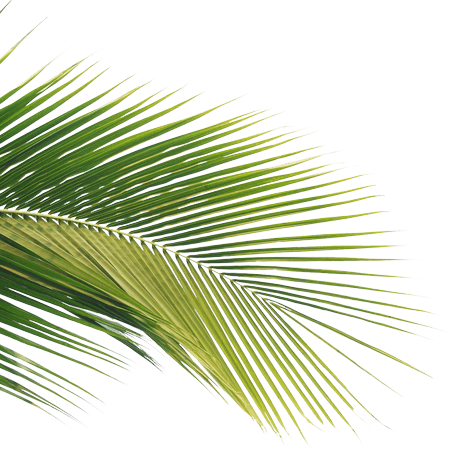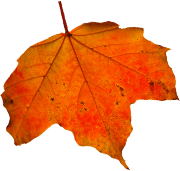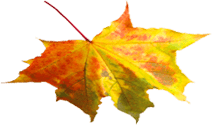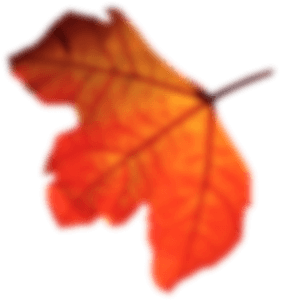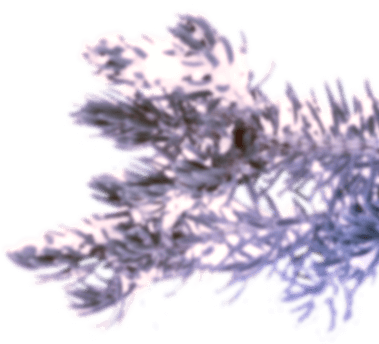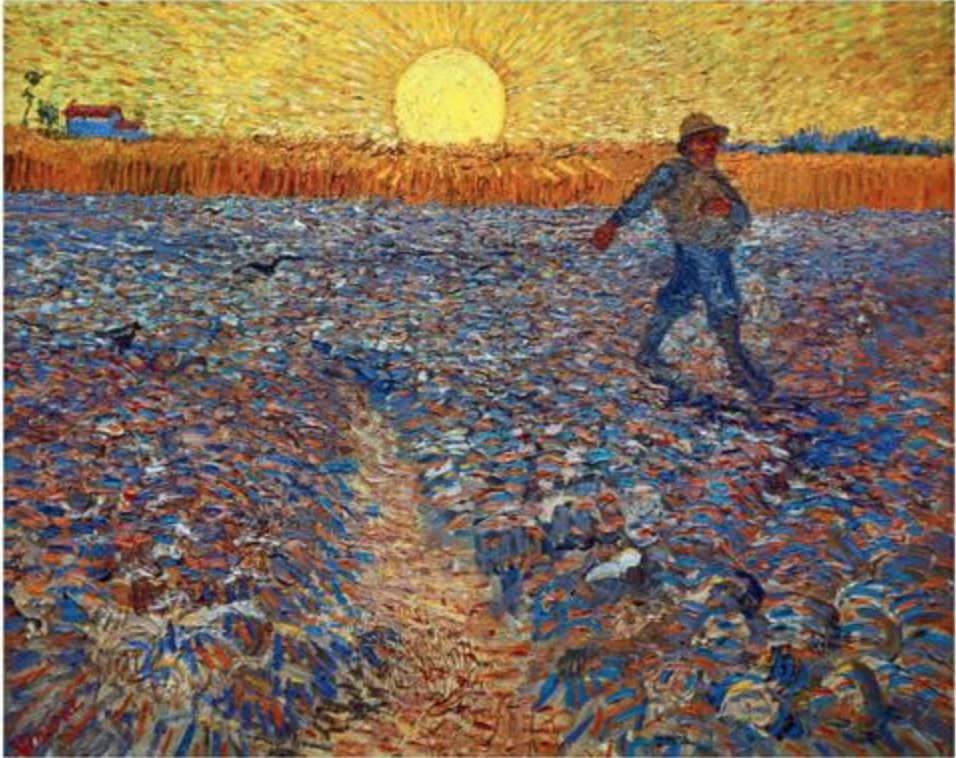Jul 28., 2018 / Homilies, Soul Food
The Sower and the seeds (Homily)
Homily of Fr. Oliver Dy, S.J. on July 27, 2018 at the Cenacle Retreat House:
I wish to share three points drawn from the Gospel reading for today, which is an explanation by Jesus and by the early church of the text of the parable of the sower:
First, it is in very nature and task of the sower to sow, and this amidst the full knowledge that not all seeds sown will bear fruit, that some seeds, sometimes even many seeds, would be wasted. Yet the sower continues to sow: the Father’s generosity as a sower of blessings and graces does not depend on whether human freedom appreciates or neglects the gifts bestowed by God to each in his own wisdom and love. It is the very nature of God to give Godself. Indeed, to perpetually diffuse goodness is the very act that defines God as God. God remains a sower, a generous giver, regardless of the eventual fate of the seed in its interaction with the conditions related to the mystery of human freedom. Elsewhere in the gospel, Jesus states that the Father makes the sun shine on both the good and the bad; here Jesus makes the same point by describing the Father as a sower who sows in the face of the reality that not all seeds will produce the intended fruit.
There is an implicit invitation here for us. If we allow ourselves to become perfected just as the Father is perfect, we too must continue to sow seeds of life to the world, to be life-giving like the Father amidst the likelihood and reality of failure and waste of human energies. After all, the main point of the parable is success and abundance, and this also an irremovable possibility that belongs to the same mystery of human freedom. There is the rich soil that promise a harvest. There is the guarantee and promise of fruitfulness, but this is preconditioned on the fact that there is a Father who sows seeds goodness always and everywhere.
Second, what God bestows comes in form of a seed, not a sapling, much less a fully grown plant. Inscribed into the very character of a seed is the law of growth. It belongs to the very biology of the seed to transform itself in due time into something other than a seed: that is, the seed dies to its being a seed in order to truly become itself. The harvest is thereforeborne of out of this process of transformation and growth where the death of seed leads to its becoming a fruit-bearing plant. The call is therefore never remain a seed, not to let the seed stagnate as seed, but to let it flow with inscribed law of growth of which dying is a fundamental part. (Unless the grain of wheat falls to the earth dies can it only then bear fruit.)
Third, as an agriculturalist may tell us, soil is a transformable material. An infertile ground can be transformed into rich soil, and a plot of rich soil can eventually lose its quality of fertility. A desert can become a forest, and a forest a desert. Things can change. This suggests that we should not despair too easily if we find the soil of our lives to be barren. Likewise, neither should we be too presumptuous when we presently find our life circumstances as rich soil. Situations and contexts can and do shift over time, sometimes for the better, at other times for the worse. The lesson is to live in hope, which is the virtue that runs diametrically opposite depair on the one hand, and overconfident presumption on the other. To live in hope is to respect the changing seasons and landscapes of the pilgrimage of life, to always remain in the identity of being a wayfarer, to keep walking on the journey whatever one’s situation in life is, in whatever season or phase of life one currently finds oneself in (homo viator, status viatoris).
In sum, here then are three takeaways:
1. The law of generous self-giving amidst the reality of waste and failure.
2. The law of growth in the face of the temptation of stagnation and self-preservation.
3. The law of hope amid the vicissitudes of human history, both individual and collective.

